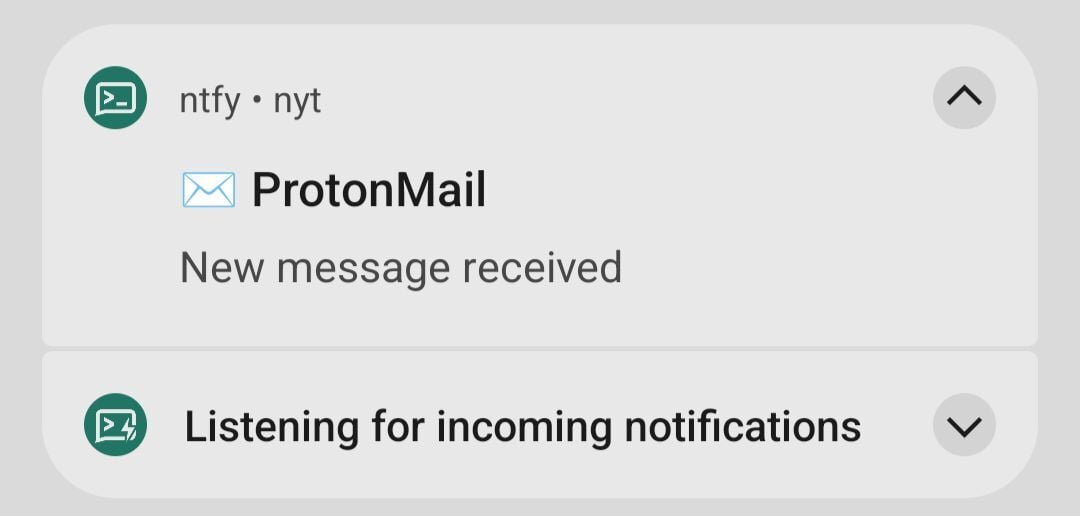Selfhosted
A place to share alternatives to popular online services that can be self-hosted without giving up privacy or locking you into a service you don't control.
Rules:
-
Be civil: we're here to support and learn from one another. Insults won't be tolerated. Flame wars are frowned upon.
-
No spam posting.
-
Posts have to be centered around self-hosting. There are other communities for discussing hardware or home computing. If it's not obvious why your post topic revolves around selfhosting, please include details to make it clear.
-
Don't duplicate the full text of your blog or github here. Just post the link for folks to click.
-
Submission headline should match the article title (don’t cherry-pick information from the title to fit your agenda).
-
No trolling.
Resources:
- selfh.st Newsletter and index of selfhosted software and apps
- awesome-selfhosted software
- awesome-sysadmin resources
- Self-Hosted Podcast from Jupiter Broadcasting
Any issues on the community? Report it using the report flag.
Questions? DM the mods!
view the rest of the comments

Notifications are overrated. I turn them off for the bulk of apps.
Devote one or two small time windows each day for life admin. Outside those windows it shouldn't be seen or heard.
...I mean for the bulk of apps, sure. For email though?
Context is king. If there's vital/time-dependent correspondence you're waiting on, notifications can matter. But email in 2024 is pretty darn transactional, in which case a daily check is enough for most. Notifications for something suggest that I need to drop what I'm doing and attend to whatever arrived. That just doesn't apply for service provider marketing, purchase receipts, etc.
And then the opsec angle comes into play: https://www.axios.com/2023/12/06/apple-google-requests-push-notification-data
Yeah I have to strongly disagree.
Which is why Proton's notifications have been encrypted for years.
In that case it's definetly worth it to try this out, just so you have one more notification to disable